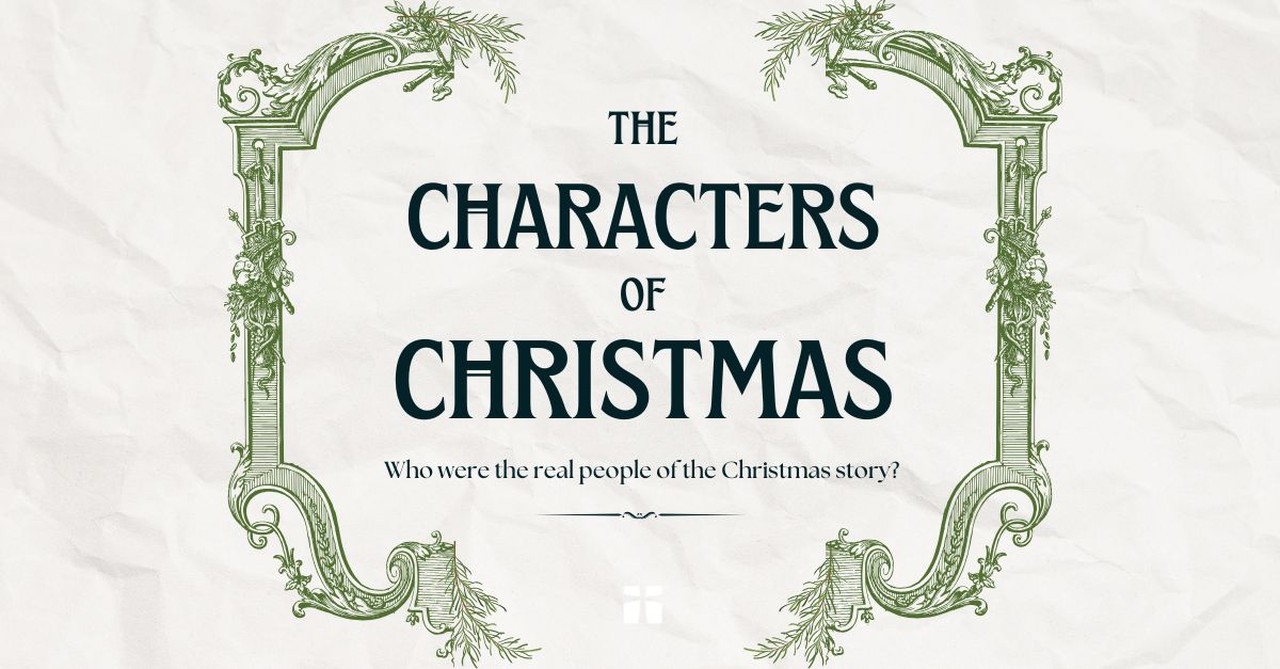Matthew 5:25-33
25 Come to terms quickly with your accuser while you are on the way to court with him, or your accuser may hand you over to the judge, and the judge to the guard, and you will be thrown into prison. 26 Truly I tell you, you will never get out until you have paid the last penny.
Jesus' Attitude toward Adultery
27 "You have heard that it was said, "You shall not commit adultery.' 28 But I say to you that everyone who looks at a woman with lust has already committed adultery with her in his heart. 29 If your right eye causes you to sin, tear it out and throw it away; it is better for you to lose one of your members than for your whole body to be thrown into hell. 30 And if your right hand causes you to sin, cut it off and throw it away; it is better for you to lose one of your members than for your whole body to go into hell.
Jesus' Attitude toward Divorce
31 "It was also said, "Whoever divorces his wife, let him give her a certificate of divorce.' 32 But I say to you that anyone who divorces his wife, except on the ground of unchastity, causes her to commit adultery; and whoever marries a divorced woman commits adultery.
Jesus' Attitude toward Oaths
33 "Again, you have heard that it was said to those of ancient times, "You shall not swear falsely, but carry out the vows you have made to the Lord.'




Matthew Henry's Commentary on Matthew 5:25-33
Commentary on Matthew 5:21-26
(Read Matthew 5:21-26)
The Jewish teachers had taught, that nothing except actual murder was forbidden by the sixth commandment. Thus they explained away its spiritual meaning. Christ showed the full meaning of this commandment; according to which we must be judged hereafter, and therefore ought to be ruled now. All rash anger is heart murder. By our brother, here, we are to understand any person, though ever so much below us, for we are all made of one blood. "Raca," is a scornful word, and comes from pride: "Thou fool," is a spiteful word, and comes from hatred. Malicious slanders and censures are poison that kills secretly and slowly. Christ told them that how light soever they made of these sins, they would certainly be called into judgment for them. We ought carefully to preserve Christian love and peace with all our brethren; and if at any time there is a quarrel, we should confess our fault, humble ourselves to our brother, making or offering satisfaction for wrong done in word or deed: and we should do this quickly; because, till this is done, we are unfit for communion with God in holy ordinances. And when we are preparing for any religious exercises, it is good for us to make that an occasion of serious reflection and self-examination. What is here said is very applicable to our being reconciled to God through Christ. While we are alive, we are in the way to his judgement-seat; after death, it will be too late. When we consider the importance of the case, and the uncertainty of life, how needful it is to seek peace with God, without delay!
Commentary on Matthew 5:27-32
(Read Matthew 5:27-32)
Victory over the desires of the heart, must be attended with painful exertions. But it must be done. Every thing is bestowed to save us from our sins, not in them. All our senses and powers must be kept from those things which lead to transgression. Those who lead others into temptation to sin, by dress or in other ways, or leave them in it, or expose them to it, make themselves guilty of their sin, and will be accountable for it. If painful operations are submitted to, that our lives may be saved, what ought our minds to shrink from, when the salvation of our souls is concerned? There is tender mercy under all the Divine requirements, and the grace and consolations of the Spirit will enable us to attend to them.
Commentary on Matthew 5:33-37
(Read Matthew 5:33-37)
There is no reason to consider that solemn oaths in a court of justice, or on other proper occasions, are wrong, provided they are taken with due reverence. But all oaths taken without necessity, or in common conversation, must be sinful, as well as all those expressions which are appeals to God, though persons think thereby to evade the guilt of swearing. The worse men are, the less they are bound by oaths; the better they are, the less there is need for them. Our Lord does not enjoin the precise terms wherein we are to affirm or deny, but such a constant regard to truth as would render oaths unnecessary.